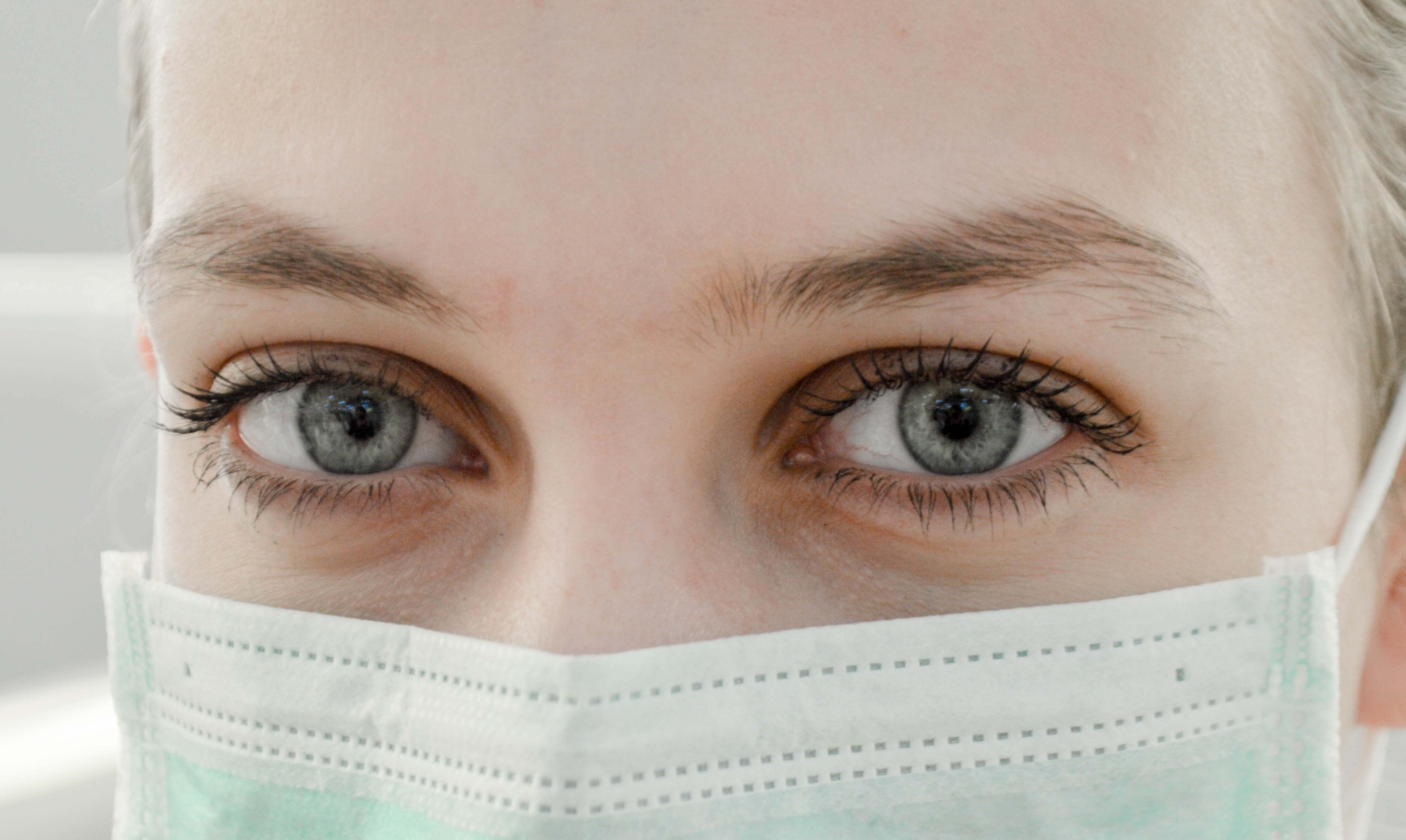I thought I needed to be healthy to write about being sick. But that was a myth of my own making; health and healing are not linear. As thousands of COVID-19 patients are sharing, this illness can be unpredictable and devastating — and it can last much longer than expected.
An article published in The Atlantic this month introduced me to the “long-haulers” of the COVID pandemic. These are patients who, often young and previously healthy, are on day 30, 60 or 80 of this illness.
Reported symptoms include debilitating fatigue, unstable blood pressure, unusual headaches and migraines, spikes of fever, difficulty breathing, and continuous body aches. These disabling, seemingly unrelated symptoms have led researchers to look more closely at the relationship between COVID-19 and another post-viral illness I know well — myalgic encephalomyelitis — also known as Chronic Fatigue Syndrome (ME/CFS).
I was 27 years old when I suddenly became ill. At the time, I was a graduate student in Clinical Psychology. I would eventually be diagnosed with ME/CFS at Stanford’s Infectious Disease Clinic.
Over the past 10 years, I had to stop and start graduate school four times. During the first six months of being ill, I was unable to stand for more than a few minutes at a time. I lost the ability to process what I read. I spent most of my days in bed, desperately trying to understand what was happening to my body. Simple tasks like walking up a flight of stairs, showering, or stirring a pot of soup led to bone-crushing exhaustion. I am mostly — but not entirely — recovered as I write this. Today, I am a therapist supporting people with chronic illness.
To the COVID-19 patients who are searching for information, support, and community, these are the things I wish someone had told me when I became ill.
This is not your fault.
The pain, fatigue and difficulty processing information are not your fault. This is not “in your head.” This is not weakness. You are not “hysterical” or overreacting. When you explain the dozens of mysterious symptoms to doctors, family, partners, friends, and colleagues, some will shake their heads and respond, “It just can’t be true.” Believe your body. Doubting your reality is an impossible burden. Do not carry it with you.
Allow yourself to feel.
Allow yourself to experience whatever emotion is asking for your attention. It could be anger at the upheaval of your life or frustration with the medical system. It might be sadness at being unable to leave your bed or pick up your child.
Allow yourself to feel hope. This is crucial. You may have hope that doctors, scientists and journalists are taking notice. Or, you may hold hope for increased research funding for future treatment. Despair and hope, as we know, are bound together. Make room for both.
Allow emotions to come. Allow them to go. Do this again and again, every day or every hour or every few minutes if you need.
Give yourself compassion in the same way you give yourself rest or food.
Every time a symptom disappears then reappears, or every time you doubt if recovery is possible — this is the exact moment for self-compassion.
Self-compassion is not pity or over-indulgence. Rather, self-compassion is responding to physical and emotional pain in real time. It can look like gently saying to yourself, “This is hard. You are doing your best. Now, rest.” Self-compassion also means recognizing the humanity of others. To practice, imagine all of those who, in this moment, are also suffering. This is one way to acknowledge that you are not alone.
Connect with others who understand illness.
Seek out people who empathize with the experience of illness. In addition to your doctors, look to writers, therapists, podcasts, mental health researchers, and first-person patient essays to guide you through.
Do not forget who you are. You may be grieving your old self. This is both expected and understandable. However, as you grieve, see if you can create space for parts of yourself that remain intact— your bravery, your vulnerability, your innate worth. Living in a body that requires your constant attention and care may also reveal new parts of your identity. This is not a gift of illness or a silver lining. It just is.
Remind yourself of reasons to be brave.
Then, dear readers, please rest.


